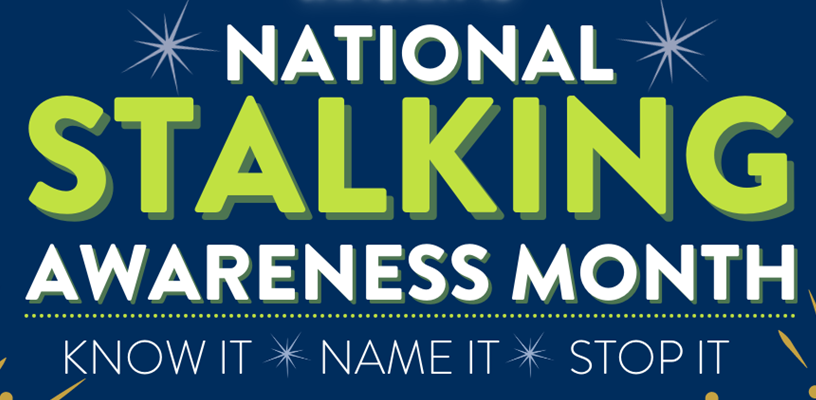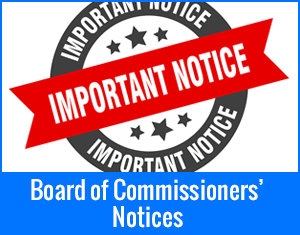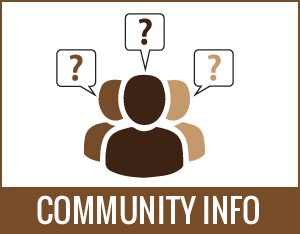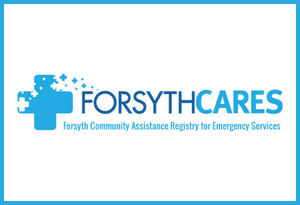
- By Dewanna Hamlin
- Posted Wednesday, January 5, 2022
January is Stalking Awareness Month
January is National Stalking Awareness Month, which brings attention to the critical issue of stalking as a form of interpersonal violence and a crime that frequently predicts and coincides with physical and sexual assault.
Stalking impacts more than 1 in 6 women and 1 in 17 men in the United States. Despite its prevalence and impacts, many victims’ families, service providers, criminal justice professionals and members of the general public underestimate its danger and urgency. Survivors often suffer anxiety, social dysfunction, and severe depression as a result of their victimization along with lost time from work and school, and/or relocation. Stalking is not only psychological: 1 in 5 stalkers use weapons to threaten or harm victims and stalking increases the risk of intimate partner homicide by three times.
Stalking is defined as a pattern of behavior directed at a specific person that causes fear or emotional distress. Stalkers often follow, monitor, and wait for their victims as well as leave them unwanted gifts, spread rumors about them, and repeatedly call, text, and message them. The majority of stalking victims experience both in-person and technology-facilitated stalking. The most common types of technology-facilitated abuse-harassment-- limiting access to technology and surveillance-- increased during the pandemic.
One of the difficulties of recognizing and responding to stalking is that each individual act may not be a problem or a crime on its own, but each act becomes criminal when part of a pattern of behavior that comprises stalking. Stalking is a crime in federal jurisdictions, all 50 states, the District of Columbia, U.S. Territories, tribal lands, and the military justice system.
National Stalking Awareness Month’s theme is “Know It. Name It. Stop It.” It is a call to action for everyone in Forsyth County and across the country. The vast majority of victims tell friends or family about their situation first, and how they respond influences whether the victim seeks further help or not.
“We all have a role to play in identifying stalking and supporting victims and survivors,” says DeWanna Hamlin, Director of Bridges to Hope Family Justice Center of Forsyth County. “Bridges to Hope offers supportive services, assistance with filing protective orders, advocacy for court proceedings, and connections to vital other resources.”
Bridges to Hope Family Justice Center is located at 725 N. Highland Avenue, Annex 1, Winston-Salem. Services are available in one location, at no cost for individuals and families impacted by interpersonal violence. Reach by phone at (336) 776-3255 or the Bridges to Hope website
Additional Stalking Awareness Resources
NC General Statute:
G.S. 14-277.3A
Quick Tips for Family and Friends:
SupportingLovedOnesExperiencingStalking.pdf
Safety Strategies for Victims:
https://www.stalkingawareness.org/wp-content/uploads/2018/11/Safety-Strategies.pdf
Advocates and Service Providers
https://www.stalkingawareness.org/wp-content/uploads/2018/11/Advocate-Guide.pdf










